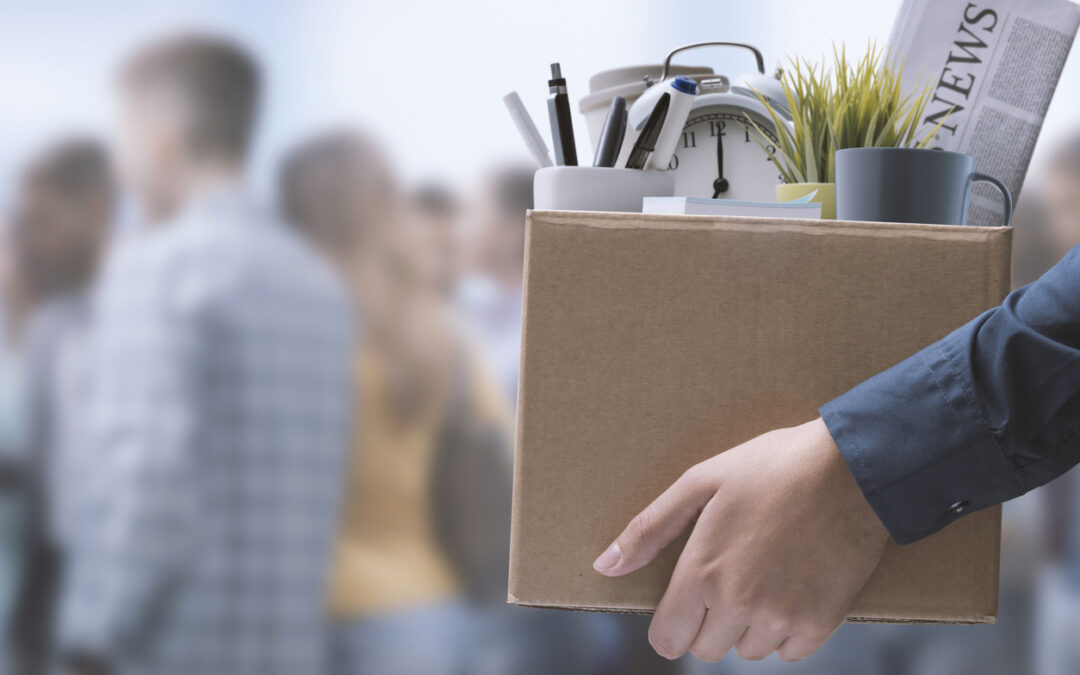A job is a person’s livelihood. It makes up most of their weekdays and fuels many casual conversations. It’s a psychological marker that makes up part of who we are as we tie ourselves tightly to our titles.
So, what happens when you get laid off? If you have financial planning in place to catch you, that’s great, but most Americans don’t even have a regular savings account or rainy day fund, let alone enough to get them from one job to the next. There are several strategies and investment tips to remember when forcibly entering the world of joblessness.
Don’t Cash out Your Retirement
The money in your 401(k) may initially seem tantalizing, especially if you worked for your previous employer for a long time and the amount is high. Remember that, apart from paying some pretty exorbitant taxes, having something in place for retirement is essential.
Since most Americans will return to work after getting laid off, you can transfer those funds to your local bank and open an account to hold these tax-free until you get signed on with a 401(k) plan at your next job. Given that 20.8 percent of unemployed people are what the Bureau of Labor and Statistics refers to as long-term unemployed, you might want to expect a lull in your working world of six months or more.
Long-Term Savings
Saving enough money to cover 6 to 8 months’ expenses can feel overwhelming. However, the alternative is as alarming as opening an account and starting a new savings initiative. Without that money to fall back on, you could be in a situation where you can’t pay for your car, utilities, or even your home.
The IRS recommends setting up a regular deduction from your paycheck to go straight into savings accounts before you get paid. That way, you won’t need to think about how much you want to put away every other week—it’s already there. This will remove temptation and speed up the process.
If you’re already unemployed, file a claim with your state’s unemployment office as soon as possible, and then devise a strict budget so you can have an extra layer of confidence.


